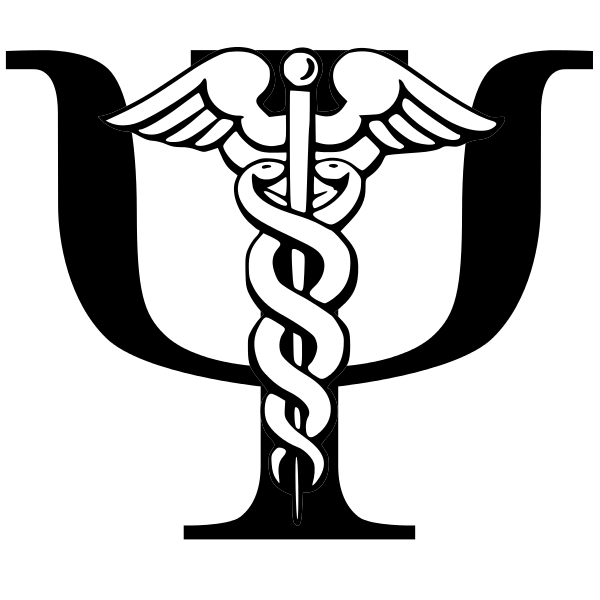Advancements in medicine have undeniably revolutionized the quality of life in society today. Unfortunately, even medicine can be faulty — side effects, drug resistance, or simple ineffectiveness are just a handful of the risks patients face when seeking medicinal aid. Anti-obesity medication (AOM) is one of many drug categories that carry a host of side effects.
The physiological complexity of obesity extends past simply eating too much. It may arise secondary to other health problems and also increases the risk of developing diseases in several body systems, including Type 2 diabetes, cardiovascular diseases, and various cancers including kidney, colon, and esophageal. In other words, this problem concerns nearly every aspect of human health, not just the gastrointestinal system. Many would recommend diet and exercise to lose weight, which, while should be encouraged, may not hit the root of the problem for all individuals. A blend of various factors — environmental, genetic, and behavioral among others — play a role in this issue, so it would be difficult to create medication that could target each patient’s unique “root.” When more factors are involved in a patient’s obesity, it increases the complexity of their condition, requiring more effort and attention to treat. That is to say, obesity comes in a spectrum of complexity for which a single treatment plan cannot be used for all cases. Furthermore, the intertwinement of obesity with other body systems suggests that drugs for weight loss would inadvertently have effects on the latter, some positive and some negative. With all this in mind, it comes as no surprise that pharmacological efforts toward treating obesity have been difficult.
Various tactics have been employed in the effort to combat obesity. Researchers from the Division of Clinical Pharmacology and Therapeutics at the University of Hong Kong summarized them into three main categories: curbing appetite, burning energy, or hindering fat absorption, though their biological targets vary throughout numerous metabolic processes and body systems. When other health conditions come into factor, understanding this fact becomes a matter of safety. The side effects arising from some medications may only be mild for one patient while detrimental to another due to its effects on their additional health issues.
“The physiological complexity of obesity extends past simply eating too much.”
For example, the properties of a current appetite suppressant, phentermine, are known to carry risks of increasing blood pressure and heart rate. For those with acute cardiovascular diseases, these side effects would be more concerning. On the other hand, side effects of rimonabant, a drug operating on the endocannabinoid system, were found to improve cardiometabolic health factors in clinical trials. Unfortunately, they also adversely affected psychological health, ultimately leading to their failure to pass FDA regulations. Were it approved, these effects would have most concerned those with underlying mental disorders while appealing to those with cardiovascular diseases. Knowing the causes of obesity and one’s own health conditions would thus allow healthcare professionals to assess the best course of action for each patient.
Concerns with cardiovascular side effects do not come into this story arbitrarily. In fact, they heavily affect the direction of AOMs. Cardiovascular diseases are the leading cause of death in most obesity-related cases. Precautions towards cardiovascular safety often take precedence as the primary goal of weight loss treatments. Various discontinued AOMs attest to the importance of this concern. The appetite suppressant amphetamine met its end due to its dangerous effects on the cardiovascular system. Fenfluramine and dexfenfluramine suffered the same fate.
While the progression of modern medicine deserves praise, it is important to also note its past mistakes. Fighting against such a difficult and complex issue such as obesity requires reliable AOMs, which would not have evolved without the acknowledgment of their past flaws.
Image courtesy of Wikimedia Commons






